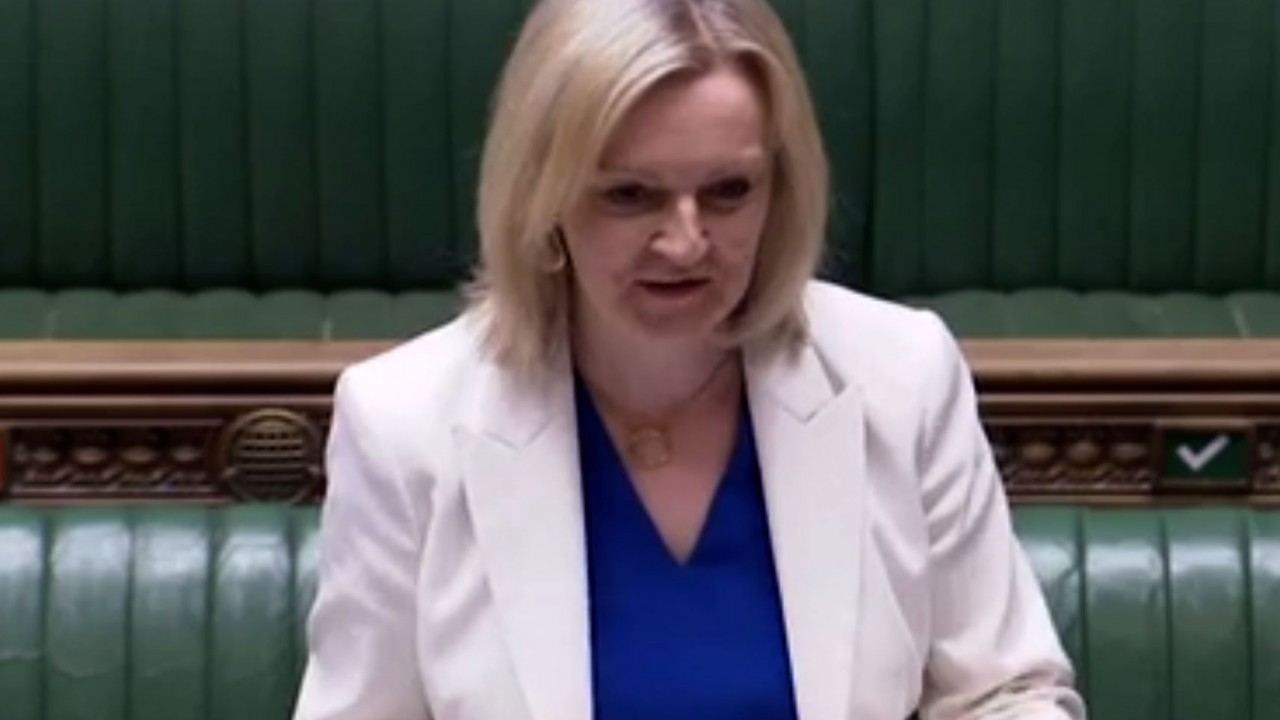Assurances low-standard imports such as chlorinated chicken are already banned in the UK do not go far enough to protect domestic consumers, according to consumer group Which?.
Addressing the Commons’ international trade committee, UK Trade Secretary Liz Truss declined to back further protection for standards, stressing the Government would “never lower its standards in order to sign a trade deal”.
However, Truss appeared to take a harder stance, telling colleagues “no deal is better than a bad deal”.
“We are not going to rush into a deal; there is no deadline,” she said.
Just last week, a petition run by the National Farmers’ Union calling for the Government to protect British food standards in law reached one million signatures.
“Contrary to claims in the press, these standards – the ban on chlorinated chicken and hormone-injected beef – are already in UK law through the Withdrawal Act,” Truss told the committee.
Not only that, but we will not sign a trade deal that leaves our farming industry, with its high animal welfare standards, worse off.
“In fact, the opposite is true. My officials and I are working round the clock to ensure any trade deal we strike has British farmers at its heart and is one that British shoppers have confidence in.”
‘Far too easy’ to allow low standard imports
However, Sue Davies, head of Consumer Protection and Food Policy, warned that until government commitments are enshrined in law, inferior standard products will continue to be a risk.
“Worryingly, the current status of food standards in UK law could easily be changed with limited Parliamentary scrutiny,” Davies said.
It would be far too easy to permit imports of chlorinated chicken, hormone-treated beef or other lower standard products at any stage, which is why the weakening of government assurances on food standards in recent weeks has been so troubling.
“In order to maintain the UK’s current high standards, the government should take the opportunity to proactively put its commitments into law through the trade or agriculture bills – giving consumers and food producers reassurance that our hard-won food standards will never be on the table in trade negotiations.”

